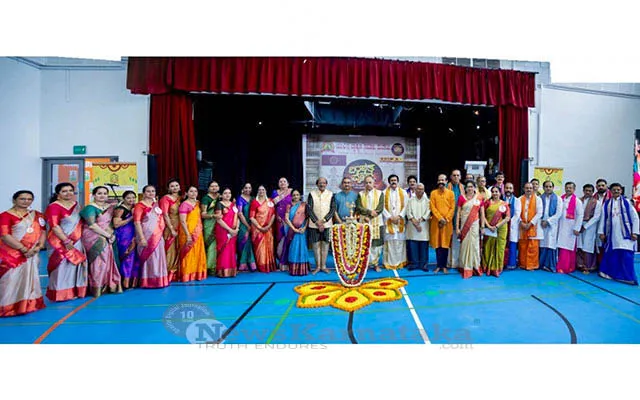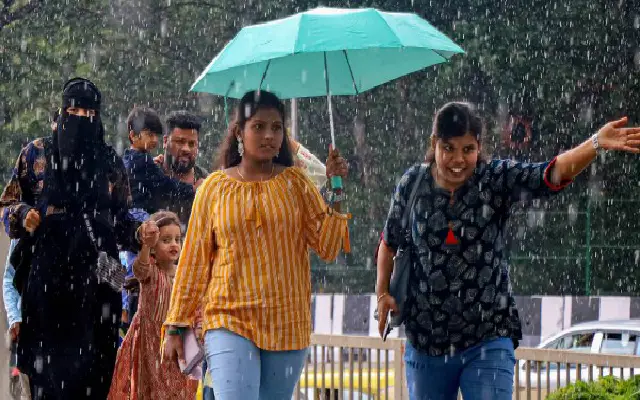 By Nishal Lobo
By Nishal Lobo
Human rights are rights we have given ourselves, simply because we exist as human beings – they are not granted by any state. These universal rights are inherent to us all, regardless of nationality, sex, national or ethnic origin, color, religion, language, or any other status. They range from the most fundamental – the right to life – to those that make life worth living, such as the rights to food, education, work, health, and liberty.
The Universal Declaration of Human Rights (UDHR), adopted by the UN General Assembly in 1948, was the first legal document to set out the fundamental human rights to be universally protected. The UDHR, which turns 72 in 2020, continues to be the foundation of all international human rights law. Its 30 articles provide the principles and building blocks of current and future human rights conventions, treaties, and other legal instruments. The UDHR, together with the 2 covenants – the International Covenant for Civil and Political Rights, and the International Covenant for Economic, Social and Cultural Rights – make up the International Bill of Rights.
Universal and inalienable
The principle of universality of human rights is the cornerstone of international human rights law. This means that we are all equally entitled to our human rights. This principle, as first emphasized in the UDHR, is repeated in many international human rights conventions, declarations, and resolutions. Human rights are inalienable. They should not be taken away, except in specific situations and according to due process. For example, the right to liberty may be restricted if a person is found guilty of a crime by a court of law.
Indivisible and interdependent
According to UNICEF/ HQ04-0734/Jim Holmes, all human rights are indivisible and interdependent. This means that one set of rights cannot be enjoyed fully without the other. For example, making progress in civil and political rights makes it easier to exercise economic, social, and cultural rights. Similarly, violating economic, social, and cultural rights can negatively affect many other rights.
Equal and non-discriminatory
UNICEF photo Article 1 of the UDHR states: “All human beings are born free and equal in dignity and rights.” Freedom from discrimination, set out in Article 2, is what ensures this equality. Non-discrimination cuts across all international human rights law. This principle is present in all major human rights treaties. It also provides the central theme of 2 core instruments: The International Convention on the Elimination of All Forms of Racial Discrimination, and the Convention on the Elimination of All Forms of Discrimination against Women.
Both rights and obligations
All States have ratified at least 1 of the 9 core human rights treaties, as well as 1 of the 9 optional protocols. 80% of States have ratified 4 or more. This means that States have obligations and duties under international law to respect, protect and fulfil human rights.
The obligation to respect means that States must refrain from interfering with or curtailing the enjoyment of human rights. The obligation to protect requires States to protect individuals and groups against human rights abuses. The obligation to fulfil means that States must take positive action to facilitate the enjoyment of basic human rights.
Meanwhile, as individuals, while we are entitled to our human rights – but we should also respect and stand up for the human rights of others. We often hear about activists or common people fighting for their human rights. But what are these rights? And who gave us these rights? Why do people have to fight for their rights? Let us find out more about Rights and Fundamental Rights.
Human Rights in India
The Rights and Fundamental Rights are sections of the Constitution of India that provides people with their rights. These Fundamental Rights are considered as basic human rights of all citizens, irrespective of their gender, caste, religion, or creed. etc. These sections are the vital elements of the constitution, which was developed between 1947 and 1949 by the Constitution of India.
There are six fundamental rights in India. They are Right to Equality, Right to Freedom, Right against Exploitation, Right to Freedom of Religion, Cultural and Educational Rights, and Right to Constitutional Remedies.
1. Right to Equality
Right to Equality ensures equal rights for all the citizens. The Right to Equality prohibits inequality based on caste, religion, place of birth, race, or gender. It also ensures equality of opportunity in matters of public employment and prevents the State from discriminating against anyone in matters of employment on the grounds only of religion, race, caste, sex, descent, place of birth, place of residence or any of them.
2. Right to Freedom
Right to freedom provides us with various rights. These rights are freedom of speech, freedom of expression, freedom of assembly without arms, freedom of movement throughout the territory of our country, freedom of association, freedom to practice any profession, freedom to reside in any part of the country. However, these rights have their own restrictions.
3. Right against Exploitation
Right against Exploitation condemns human trafficking, child labour, forced labour making it an offense punishable by law, and prohibit any act of compelling a person to work without wages where he was legally entitled not to work or to receive remuneration for it. Unless it is for the public purpose, like community services or NGO work.
4. Right to Freedom of Religion
Right to Freedom of Religion guarantees religious freedom and ensures secular states in India. The Constitutions says that the States should treat all religions equally and impartially and that no state has an official religion. It also guarantees all people the freedom of conscience and the right to preach, practice and propagate any religion of their choice.
5. Cultural and Educational Rights
Cultural and Educational Rights protects the rights of cultural, religious, and linguistic minorities by enabling them to conserve their heritage and protecting them against discrimination. Educational rights ensure education for everyone irrespective of their caste, gender, religion, etc.
6. Right to Constitutional Remedies
Right to Constitutional Remedies ensures citizens to go to the supreme court of India to ask for enforcement or protection against violation of their fundamental rights. The Supreme Court has the jurisdiction to enforce the Fundamental Rights even against private bodies, and in case of any violation, award compensation as well to the affected individual.
Protection of Human rights is our duty, and we must do it continuously for the people who are suffering from gaining the Right of their own.


















